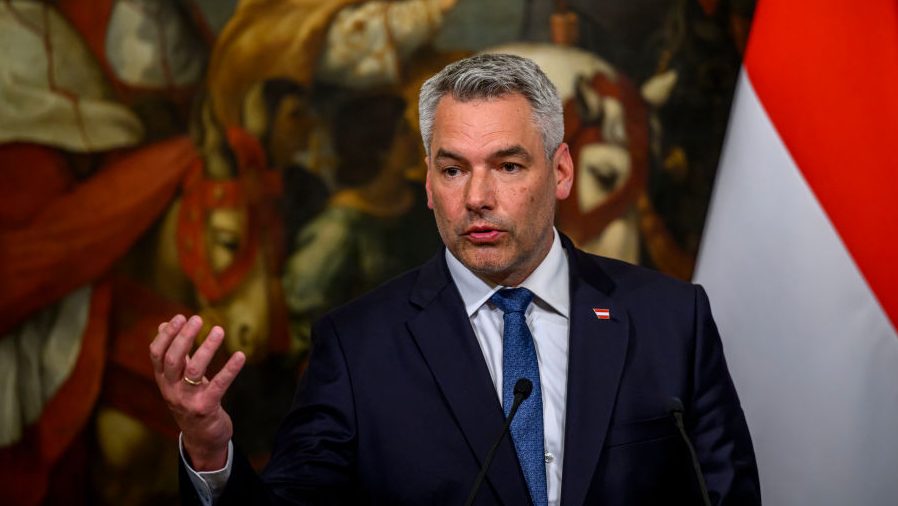Austria is required to gain the permission of the European Union before it passes any laws regulating the use of cash in the country, the European Commission has claimed.
It comes after Brussels’ EC representative in the country Martin Selmayr denounced an attempt by Austria’s Government to enshrine cash use as a right within the nation’s constitution. The Eurocrat argued that such a rule broke EU law.
Responding to a European parliamentary question on the row, the EC has now backed the view of its man in Vienna that the EU has “exclusive competence” over the regulation of cash.
The EC added that Austria can only hope to make any changes in the use of cash if given explicit permission by Brussels to do so.
“Member States cannot legislate or adopt legally binding acts in that area, unless the EU empowers them or if they do so for the implementation of EU acts,” said European Commissioner for Economy Paolo Gentiloni.
He added that efforts by the Austrian Government to protect cash use were surplus to requirements, arguing that Brussels had already done enough to protect the use of physical tender within the bloc.
“The Commission recently adopted a proposal … safeguarding the role of euro cash, to ensure it is widely accepted as a means of payment and remains easily accessible for people and businesses across the euro area,” he said.
The Austrian Government has announced plans to enshrine the right to use physical cash as part of the country’s constitution. https://t.co/rnZshYW9Rr
— Brussels Signal (@brusselssignal) August 4, 2023
Gentiloni’s insistence that Member States have no reason to adopt laws protecting cash as the bloc is already on top of the issue seems unlikely to inspire wider confidence.
Attempts by Eurocrats to push a new Euro central bank digital currency (CBDC) have stoked fears among politicians and human rights activists. There are concerns the technology could be used to spy on citizens, as well as coercively control their spending.
The European Central Bank (ECB) has moved ahead with the project anyway, promising the public that physical cash will remain a protected way of spending and that it will never abuse the digital Euro to control citizens.
“Cash is here to stay but, alongside cash, there will be a new form of central bank money – the digital euro,” senior ECB official Fabio Panetta told MEPs earlier this year.
He went on to insist that the CBDC will be designed in such a way as it could never be used to control spending, arguing that a form of cryptographic encryption will be used to protect users’ data.
“We are not asking you to trust us,” he said, arguing that safety measures implemented from the ground up will prevent governments from misusing the technology.
The European Central Bank is starting preparations for developing a digital euro that would be available free of charge to everyone in the Eurozone for any digital payments. https://t.co/61HtoqAP3F
— Brussels Signal (@brusselssignal) October 20, 2023





